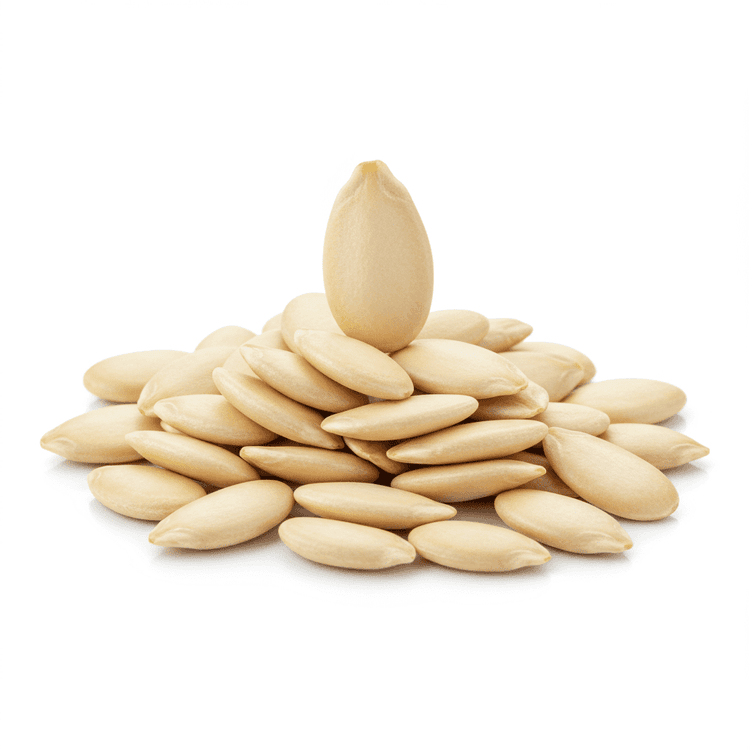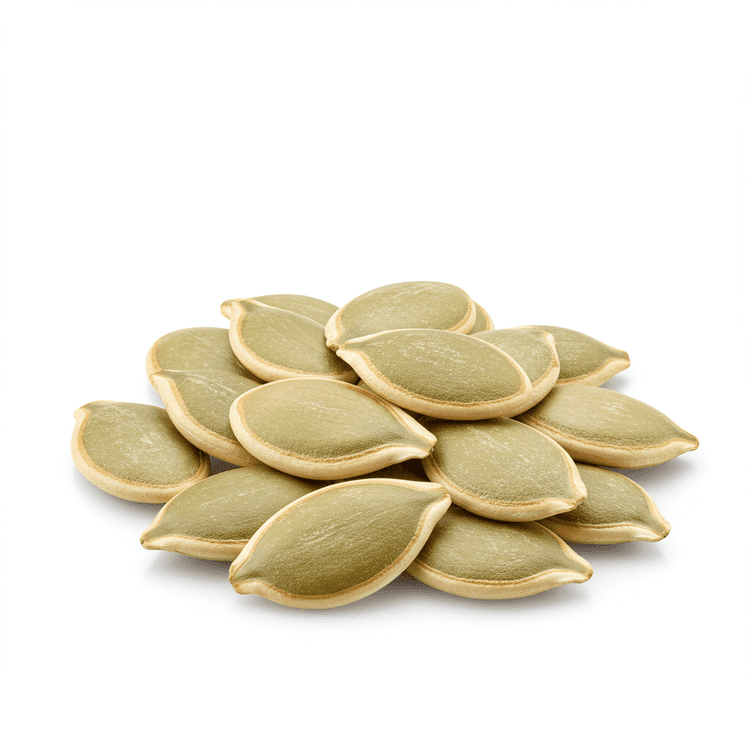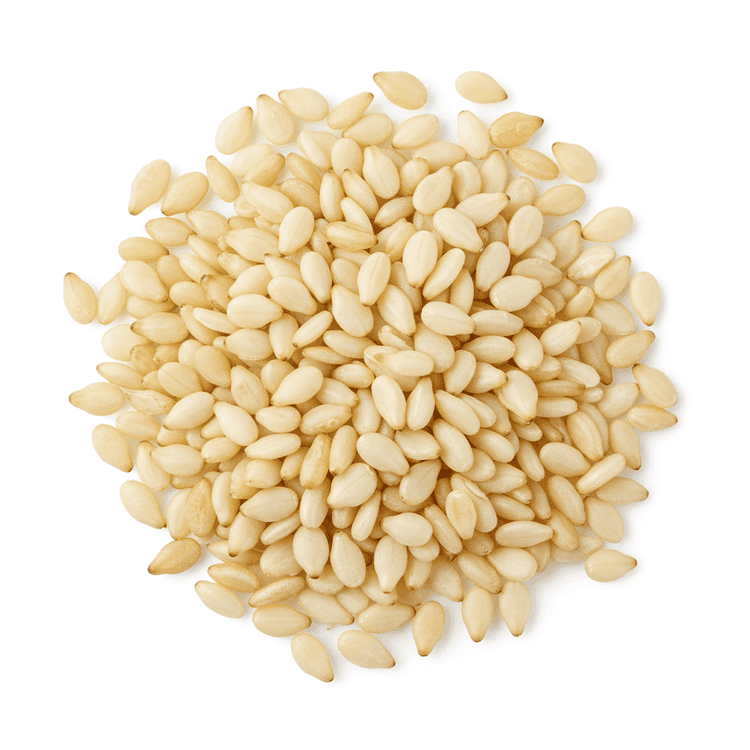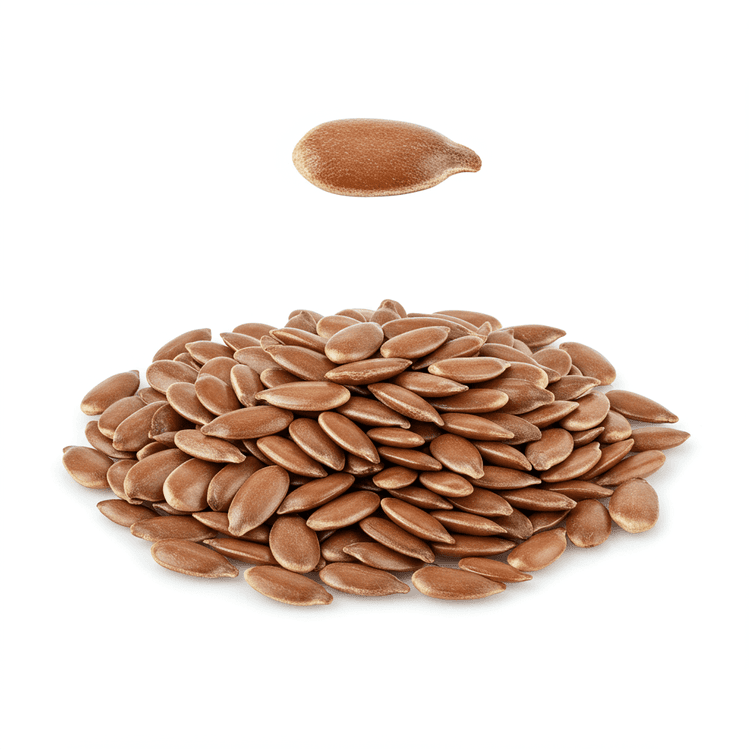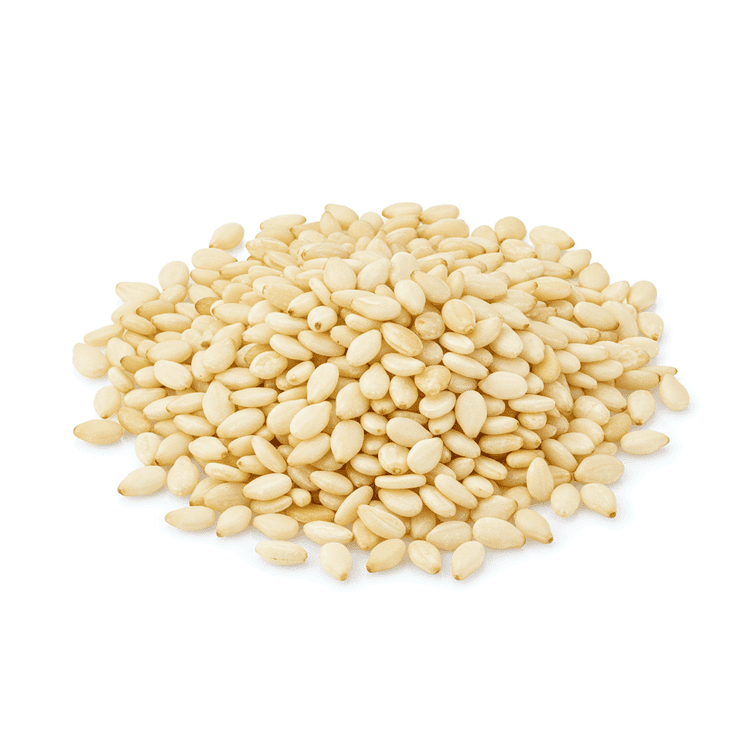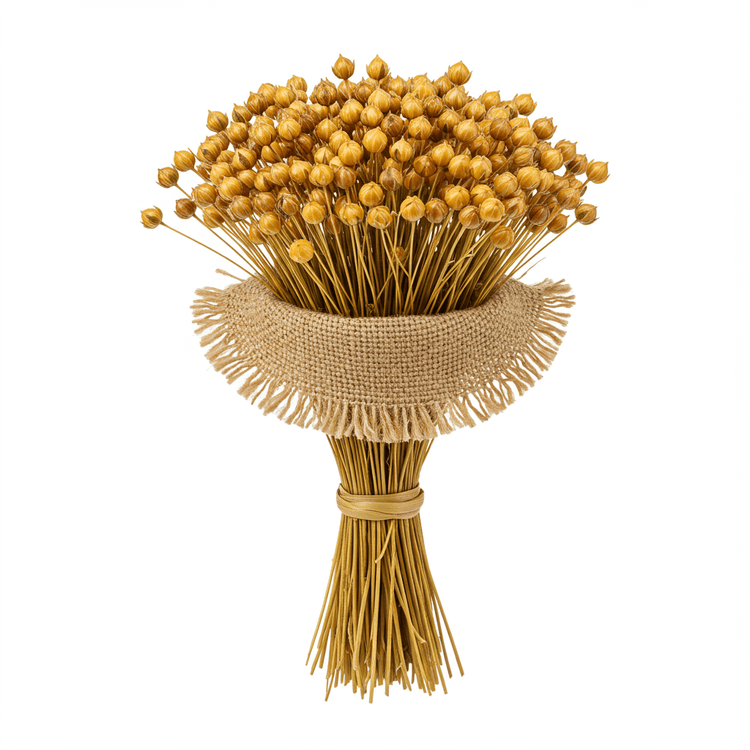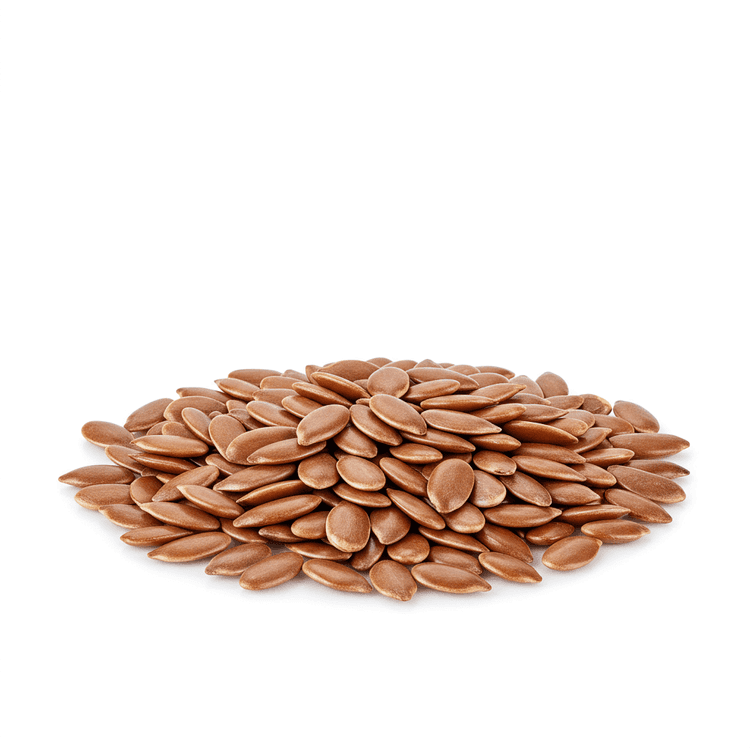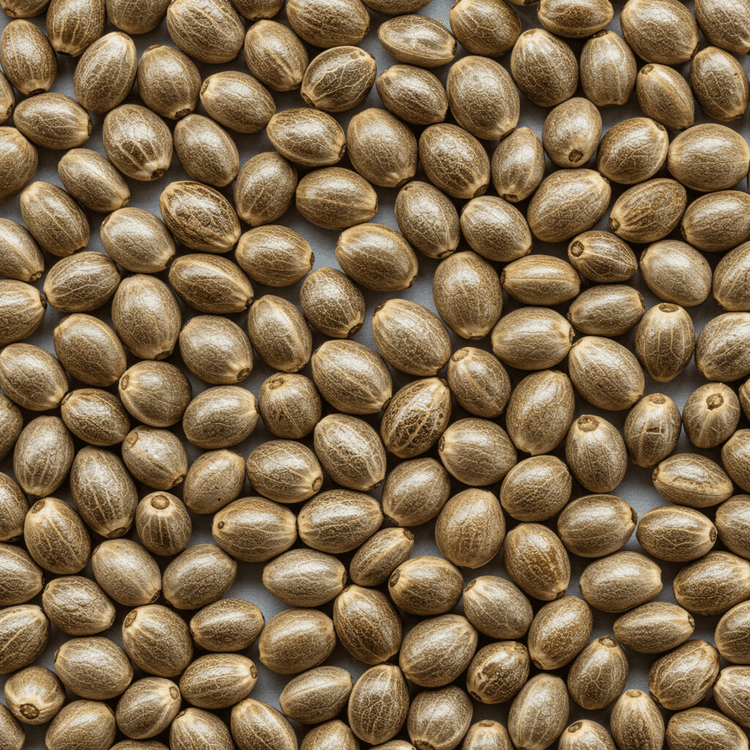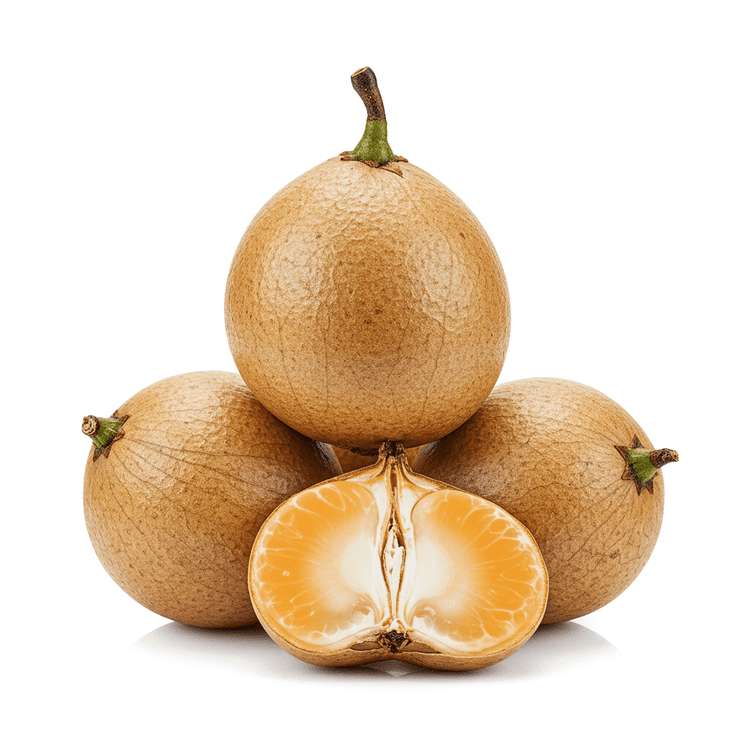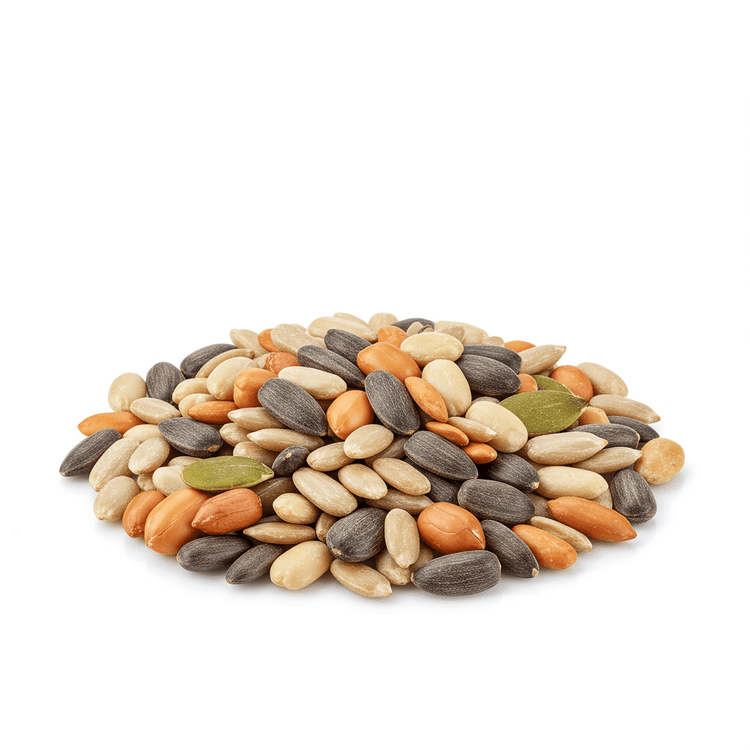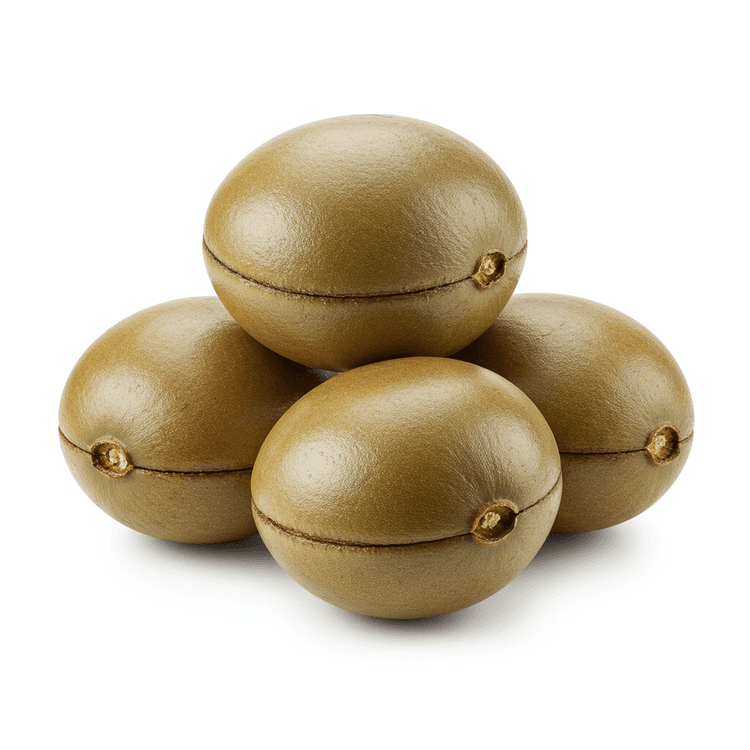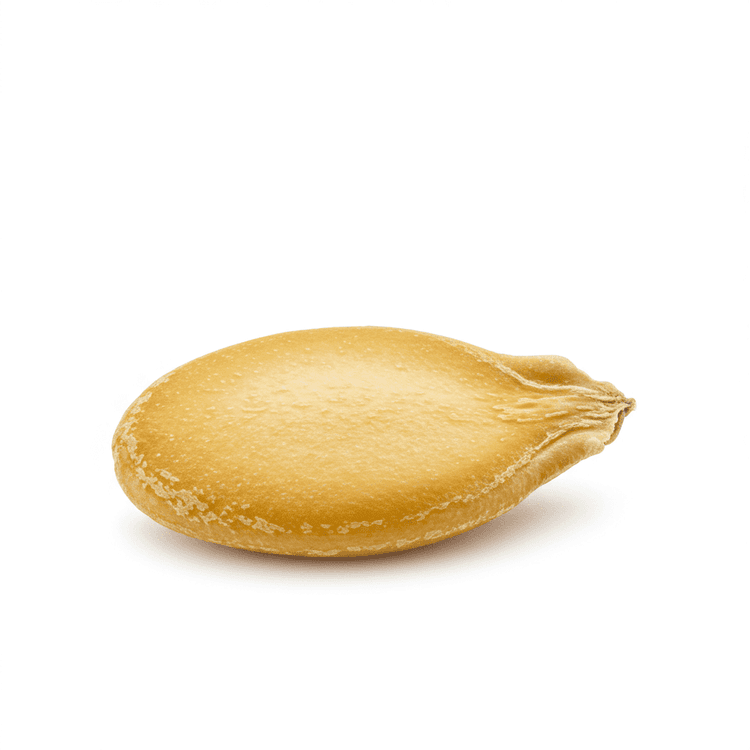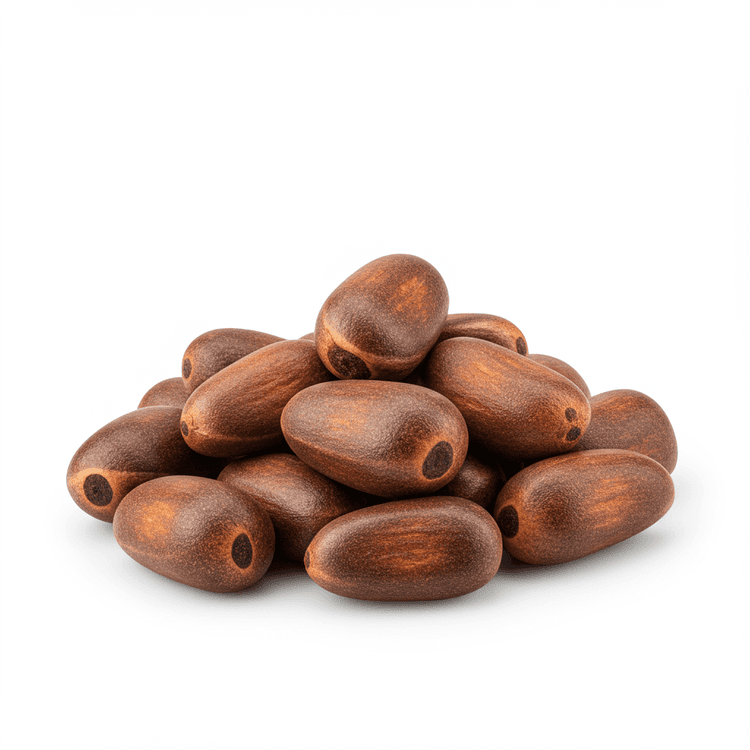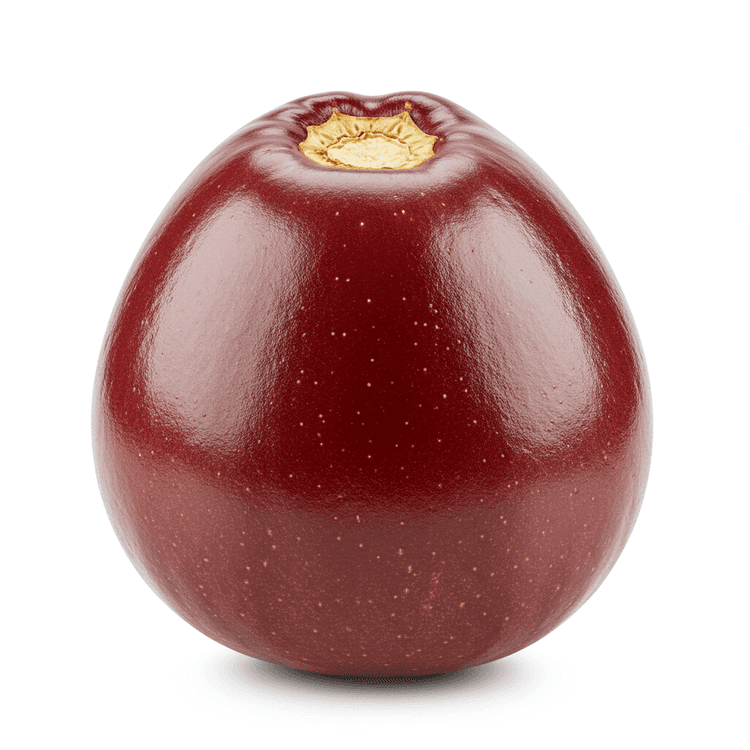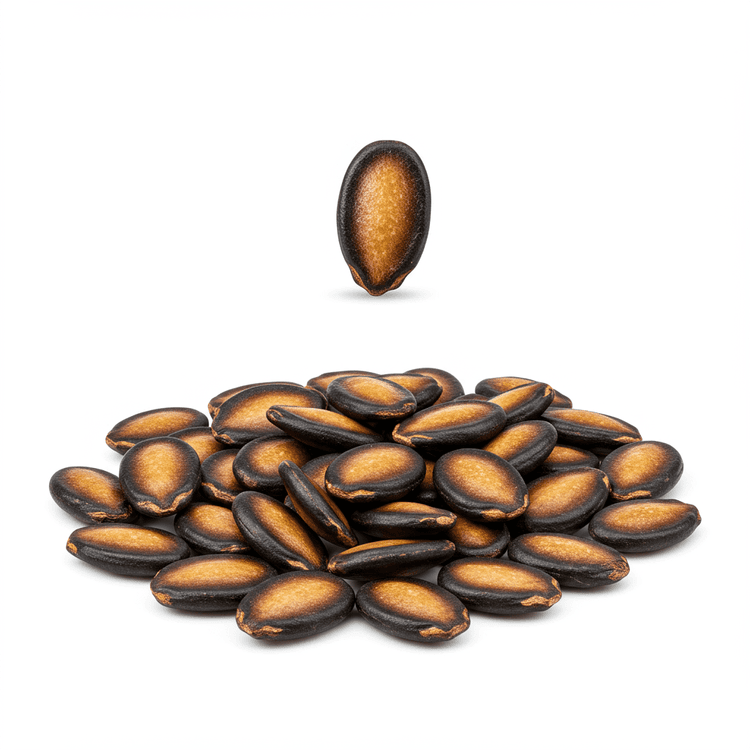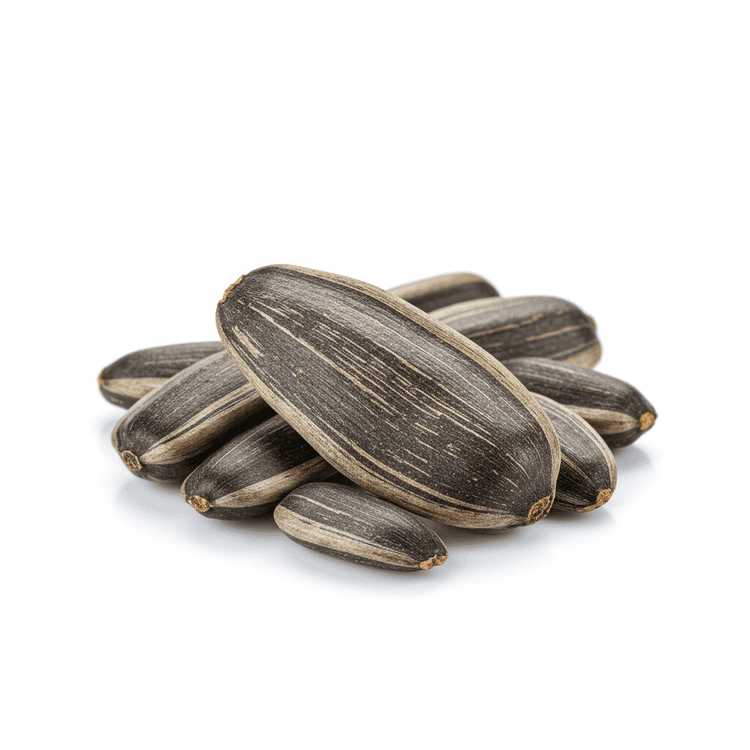
Sunflower Seed
Sunflower seeds are the edible seeds of the sunflower plant, Helianthus annuus. These small, teardrop-shaped seeds have a mild, nutty flavor and a slightly firm, yet tender texture, making them a versatile ingredient for both sweet and savory dishes. Shelled sunflower seeds are off-white with a greyish tinge. You can enjoy them raw, roasted, or sprouted. They are a great source of healthy fats, protein, vitamins, and minerals. Buying roasted sunflower seeds is very popular but you can also roast them yourself to taste.
Common Uses
- Add raw sunflower seeds to homemade trail mix for a nutritious and crunchy snack. Many recipes call for this popular ingredient.
- Use roasted sunflower seeds as a topping for salads to add flavor and texture. Sunflower seeds can also be sprouted and the sprouts can be used to add interest to salads.
- Incorporate sunflower seeds into bread, muffin, or granola bar recipes for added nutrients and crunch. You can coarsely grind some of the seeds before adding to provide some added structure.
- Blend sunflower seeds into homemade pesto as a substitute for pine nuts to create a delicious vegan pesto. Also consider adding a handful of nuts to the traditional recipe for added flavor.
- Grind sunflower seeds and use them as a coating for fish or chicken before baking or pan-frying to create a healthy crust.
- Create a creamy sunflower seed butter by blending roasted sunflower seeds in a food processor until smooth; use as a spread on toast or sandwiches, or as a dip for fruits and vegetables.
Nutrition (per serving)
Nutrition (per serving)
Calories
584.0kcal (29.2%)
Protein
23.7g (47.38%)
Carbs
30.6g (11.13%)
Sugars
2.6g (5.24%)
Healthy Fat
43.6g
Unhealthy Fat
4.7g
% Daily Value based on a 2000 calorie diet
Nutrition (per serving)
Calories
584.0kcal (29.2%)
Protein
23.7g (47.38%)
Carbs
30.6g (11.13%)
Sugars
2.6g (5.24%)
Healthy Fat
43.6g
Unhealthy Fat
4.7g
% Daily Value based on a 2000 calorie diet
Health Benefits
- Rich in Vitamin E, a powerful antioxidant that supports skin health and immune function.
- Good source of healthy fats, including linoleic acid, which can help lower cholesterol levels.
- High in magnesium, which contributes to bone health and helps regulate blood sugar levels.
- Contains selenium, an essential trace mineral that supports thyroid function and acts as an antioxidant.
- Provides plant-based protein and fiber, promoting satiety and aiding in digestive health.
Substitutes
Chefadora AI is here.
Experience smarter, stress-free cooking.
Storage Tips
To maximize the shelf life of sunflower seeds, store them in an airtight container in a cool, dark, and dry place, such as a pantry or cupboard. This helps prevent them from becoming rancid. Shelled sunflower seeds are more prone to spoilage due to their exposed oils, so refrigerating or freezing them is recommended for longer storage. Properly stored sunflower seeds can last for several months.
Marnirni-apinthi Building, Lot Fourteen,
North Terrace, Adelaide, South Australia, 5000
Australia
